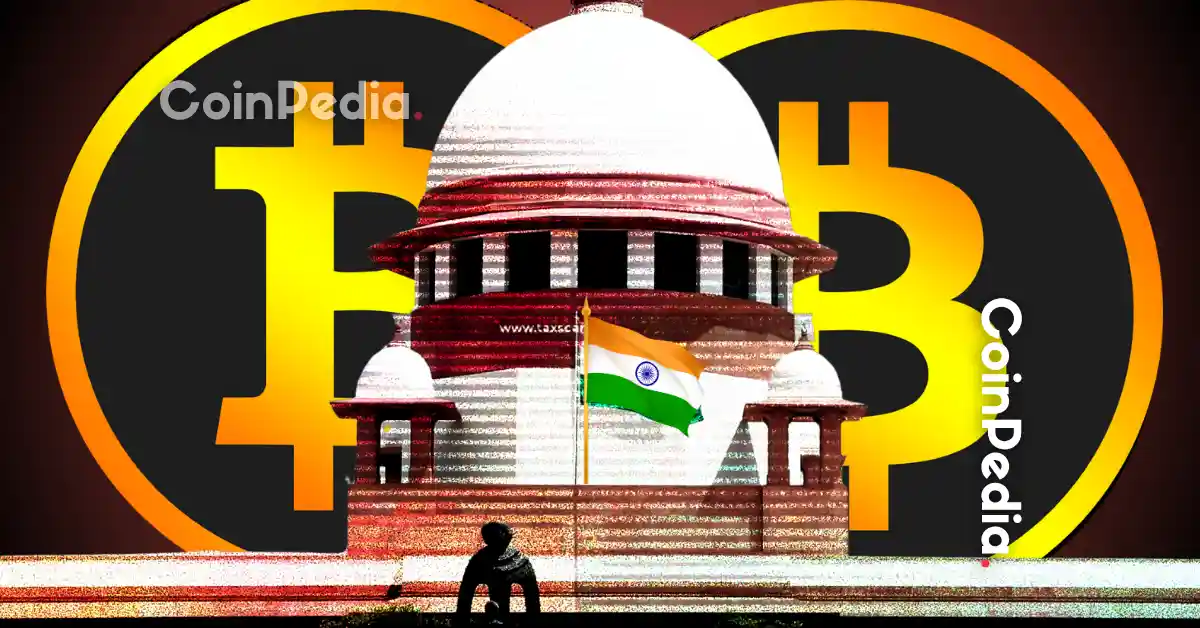
Crypto users and traders in India are once again facing uncertainty after the government’s latest comment. Currently, global crypto exchanges in India exist in a grey area, as they are neither legal nor illegal, and crypto assets remain unregulated under Indian law.
“At present, crypto or virtual assets are not regulated in India. Consequently, the question of the legality or illegality of specific crypto platforms does not arise as on date,” Minister of State for Finance Pankaj Chaudhary shared in a written reply to the Lok Sabha.
However, to keep an eye on money laundering and terror financing, the Financial Intelligence Unit (FIU-IND) now requires all Virtual Asset Service Providers (VASPs), both Indian and international, to register under the Prevention of Money Laundering Act (PMLA).
This means that any platform offering crypto services to Indian users must be registered with FIU-IND, or risk being flagged. Besides, the FIU is also maintaining a public list of non-compliant platforms. He also noted that a 1% TDS is applied on every crypto transaction, including those with offshore platforms, as long as the income is taxable in India.
Crypto traders in India are facing a harsh reality. Every profit is taxed at a flat 30%, with no exceptions or deductions. On top of that, there’s a 1% TDS on every single trade, even if the trader is making a loss.
There is also GST applied to trading fees, which further reduces already slim profit margins. Besides, traders do not have the option to offset their losses, so every unsuccessful trade results in double the impact.
Domestic exchanges that promise safety and compliance are also falling short as users continue to face withdrawal delays, poor customer support, and a lack of transparency in operations. To make matters worse, there have been serious breaches. WazirX faced a $234 million exploit, and users are still waiting for full recovery. CoinDCX also recently faced a $44 million hack.
However, in a push towards clarity, the COINS Act was proposed by Hashed Emergent and Blackdot Policy as India’s first industry-led model crypto law. It puts rights before restrictions, focusing on self-custody, privacy, and the freedom to innovate.
The proposal also includes a new, dedicated crypto regulator called CARA to ensure fair and tech-aware oversight. Although it’s not legally binding, the COINS Act serves as a strong blueprint for future regulation in India.
Ethereum is once again at a critical juncture. After a strong rebound, ETH price is…
Telegram's crypto wallet just went from a simple send-and-receive tool to a full DeFi gateway.…
Modern financial markets don't wait for anyone. Bitcoin can drop 15% before your morning coffee…
Dogecoin (DOGE) price is entering a critical structural phase on the weekly timeframe as price…
Dragonfly Capital's biggest fundraise sparked a public fight. Days after closing a $650 million Fund…
A viral claim is circulating on social media platforms like X and Telegram claiming that…